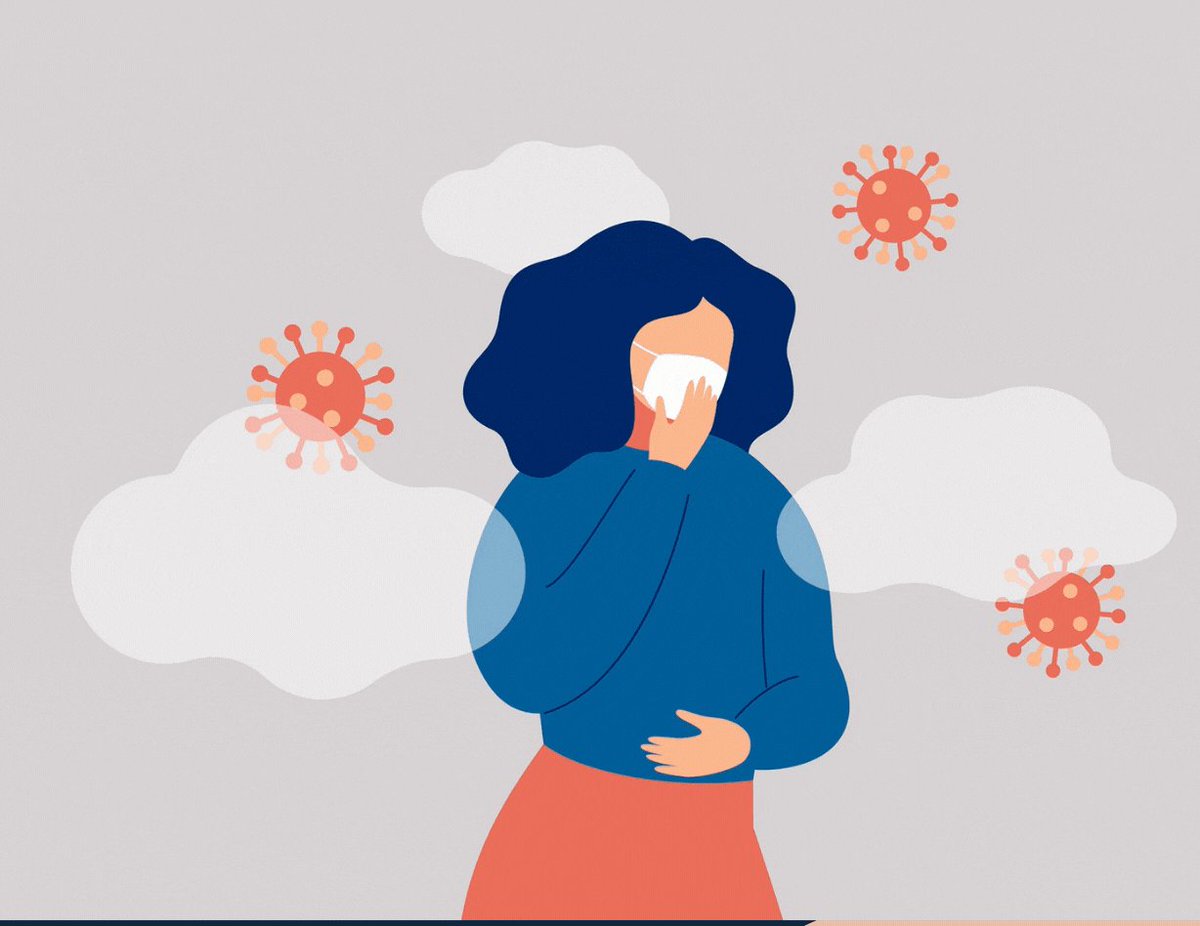Suyashi Smridhi
12:30
12:31
12:31
12:32
12:34
12:35
12:36
12:37
12:38
12:38
12:39
12:40
12:41
12:42
12:44
12:45
12:46
12:46
12:47
12:48
12:50
12:51
12:52
12:53
12:53
12:54
12:55
12:55
12:56
12:57
12:58
12:59
1:00
1:01
1:02
Connecting…






